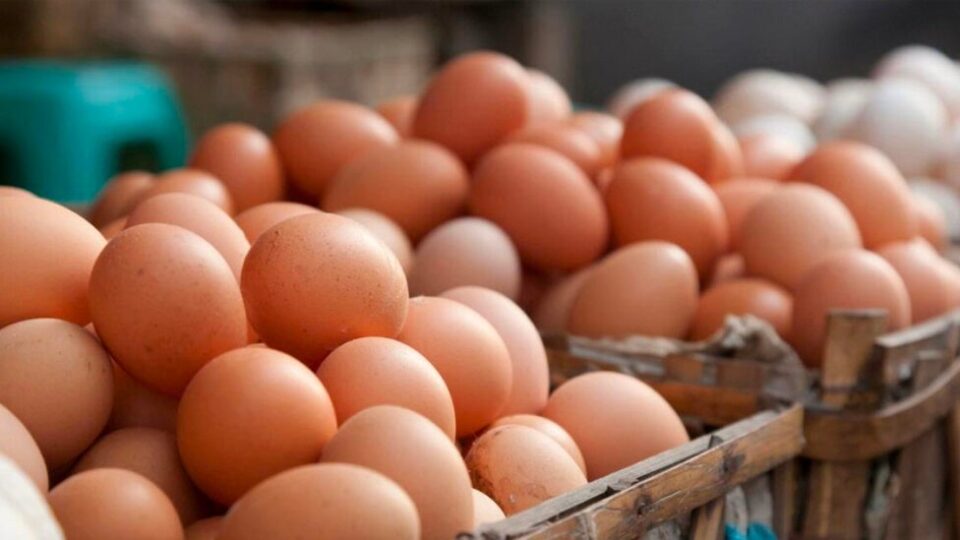Nigeria’s egg sellers and distributors have pushed back strongly against accusations from poultry farmers claiming they are behind the rising price of eggs. The Egg Sellers and Distributors Association of Nigeria (ESDAN) says the blame is misplaced, insisting that its members are working to keep prices fair despite economic hardships and spiraling production costs.
Mrs. Olaide Graham, President of ESDAN, described the allegations as “unfair and misleading,” emphasizing that distributors face their own challenges amid inflation, high fuel prices, and skyrocketing feed costs. “Our mission is to make eggs affordable and available to Nigerian families, even when the economy makes it difficult,” she said.
Currently, a crate of eggs sells for around ₦5,500 in most parts of the country — a price Graham says remains reasonable compared to other protein sources. “Eggs are still the cheapest and most accessible protein in Nigeria,” she added. “Thirty eggs in a crate cost far less than a few pieces of meat or fish.”
Rejecting claims that distributors are manipulating the market for profit, Graham argued that the real issue lies in rising input costs and lack of collaboration within the value chain. “It’s easy to blame the middlemen,” she said, “but many people don’t understand how risky egg distribution is. Eggs are perishable, transportation is expensive, and we sometimes buy on credit. When prices drop or eggs spoil, we take the loss.”
She also criticized poultry farmers who, despite blaming intermediaries, often refuse to sell directly to distributors at fair prices. “If farmers want to eliminate middlemen, they should be ready to sell to us directly at reasonable rates,” she stated.
Meanwhile, poultry farmers insist that distributors and retailers inflate egg prices after purchase, discouraging consumers and disrupting the market. The ongoing blame game between producers and distributors has fueled mistrust and market instability in Nigeria’s poultry industry.
Graham called for unity, transparency, and government intervention to bring balance back to the sector. “The poultry industry can only thrive when everyone — farmers, distributors, and regulators — works together,” she said. “We must build trust, reduce operational costs, and create fair pricing structures for sustainable growth.”
ESDAN reaffirmed its commitment to protecting consumers and strengthening the poultry value chain, stressing that collaboration, not conflict, is the key to stabilizing egg prices and ensuring the industry’s future.



